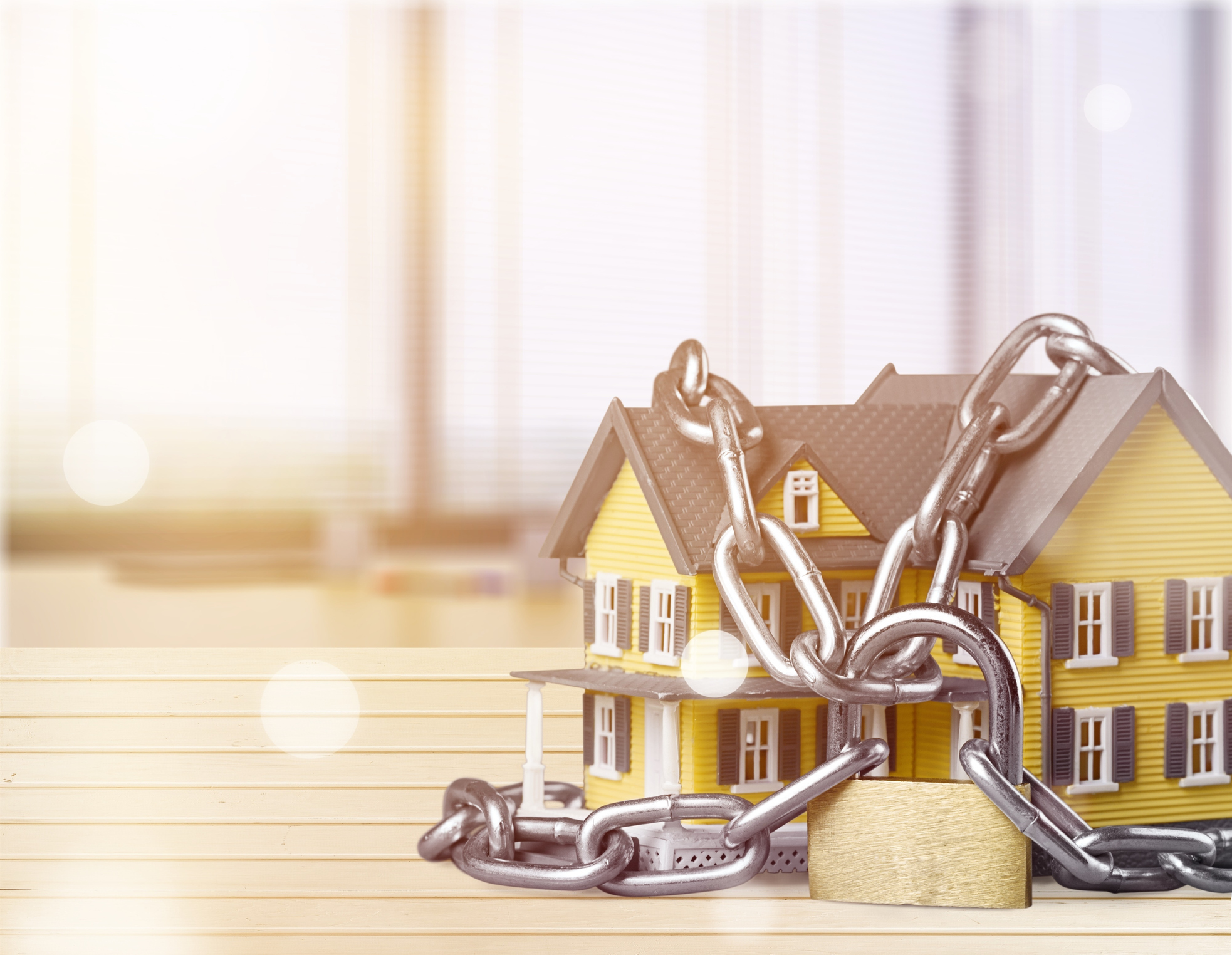Unfortunately, property chain breaks are not unlikely, especially if you’re in a long chain of buyers and sellers, each with ever-changing personal circumstances.
The reality is that the process is stressful, but having someone on your side to support you through it can help you manage any issues that do arise.
What Is A Property Chain?
A property chain is a chain of buyers and sellers linked together by the intention of moving home and depending on each other to be able to. However, a property chain differs depending on your position in the chain.
Upward Chain Explained:
In a property chain, the upward chain refers to the sellers of the property you intend to buy, as well as the sellers of the properties they are purchasing, and so forth. At the top of this chain, there might be an empty home involved in probate or a person selling an additional property.
When there is a long upward chain, challenges can arise, as the completion date is often dependent on when those above you in the chain are ready to move. This can create difficulties if you’re looking to sell and relocate quickly.
Lower Chain Explained
In a property chain, the lower chain consists of the buyers interested in purchasing your home, the buyers of their homes, and so on. The person at the very bottom of this chain is usually someone who doesn’t need to sell their current home for the deal to go through. This could be a first-time buyer living at home with their parents or someone buying outright with cash.
Property chains are a common part of the moving process, and generally, the shorter the chain, the less risky and complicated it tends to be. Buyers without a dependent sale often find themselves in a stronger position during negotiations.
On the flip side, longer chains can create more challenges for both buyers and sellers. They can deter potential participants due to the higher likelihood of a buyer pulling out before completing the sale. This scenario can lead to a lot of time wasted, added stress, and unnecessary costs.
Closed Chain Explained
When you’re dealing with a closed chain, moving through the sales process can be a lot easier. The buyer isn’t tied to selling anything, and the seller doesn’t need to purchase anything else.
 What Is A Chain-free Property?
What Is A Chain-free Property?
“No chain” or “chain-free” means that all the buyers and sellers are linked together in a way that no one needs to sell another property for their purchase to go through. This creates a smooth process where everyone’s sale depends on the others in the chain, without any loose ends or extra properties needing to be sold. This scenario is often seen when a first-time buyer starts the chain, and the seller at the top isn’t depending on buying another property to finalise their sale.
Common Reasons For Property Chain Breaks
A property chain breaks when either a seller or a buyer decides to back out before the exchange of contract happens. Unfortunately, it often causes a domino effect, leading to other sales in the chain potentially falling apart unless someone steps in to take their place.
When a property chain falls apart, it can really hit both the buyer and the seller in the wallet. Right now, there aren’t any laws in the UK that prevent a buyer or a seller from pulling out of the deal before the contract is signed.
Usually, when a property chain breaks, it’s considered a negative situation. However, there are some instances where having a seller or buyer back out before the exchange can actually work in your favour. For example, if you’re able to exit a lengthy chain, you might find yourself in a position to move more quickly since there are fewer people to coordinate with regarding the completion date.
Additionally, market changes could mean that you could sell your home for a better price while possibly getting a new property for less. There are definitely times when stepping away from a property chain can give you more control over the situation. With fewer connections to worry about, the chances of your deal going through can successfully increase.
Long chains can be complicated, relying heavily on various factors like finances, surveys, and timing. A shorter chain tends to facilitate a smoother process. In some cases, being proactive about breaking the chain can help keep your transaction intact and even allow others in the chain to maintain their sales.
Sometimes, taking the step to sell your property and temporarily moving into rental accommodation or staying with family can be a strategic decision that pays off in the end.
How To Avoid The Chain-Breaking?
To reduce the likelihood of your property chain falling apart, it’s crucial for you, your estate agents and your conveyancer/solicitor to confirm that you and your buyer have secure and up-to-date mortgage offers in place.
Keep in mind that mortgage offers don’t last forever, so if there are any hiccups in your sale or purchase, your solicitor/ conveyancer must verify that your mortgage offer is still valid and check in with the buyer’s solicitor/conveyancer as well.
You exchange contracts when your solicitor or conveyancer is sure that everyone in the property chain has the money ready and is committed to moving forward. Timing is crucial here; do it too soon, and you might face financial penalties and extra costs if the chain falls apart after the exchange. On the other hand, if you wait too long, you could lose the chain because someone might change their mind or get frustrated with the slow progress.
When you work with a professional like Rook Mattews Sayer, you can relax knowing that we not only have in-house legal experts ready to help manage any potential risks associated with your chain, but we also provide mortgage advice to take you through every step of the way.
It’s Good To Stay Optimistic But Also Be Prepared For Setbacks!
Being ready for the possibility of a property chain breaking can really help you manage the situation. Keep all your documents organised, and make sure you’re working with a trustworthy agency to guide you through the buying or selling process.
If you want the best support, consider Rook Matthews Sayer. With 25 years of experience in the North East estate industry, we know how to navigate these challenges. Contact a member of our team or pop into your local branch for any support enquiries! We look forward to helping you soon.
Please select your local branch here: Alnwick, Amble, Ashington, Bedlington, Blyth, Fenham, Forest Hall, Gosforth, Hexham, Jesmond, Morpeth, Ponteland, Ryton, West Denton, Whitley Bay, or Commercial at Head Office.



